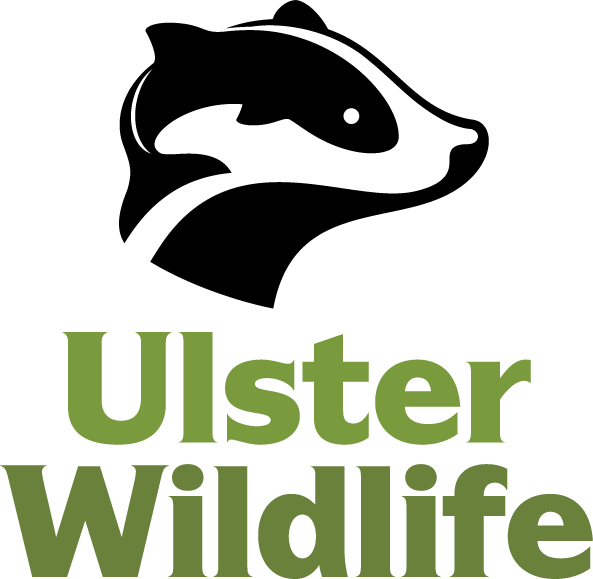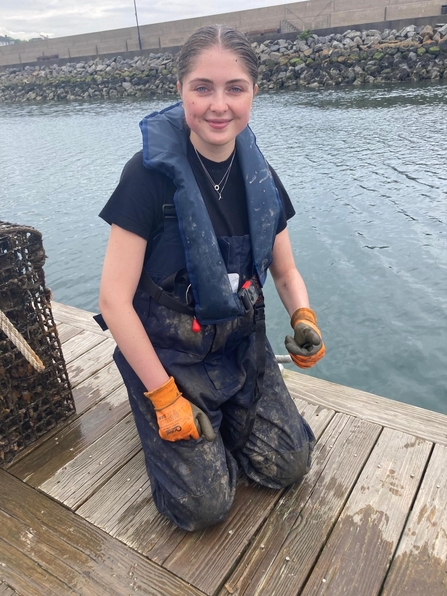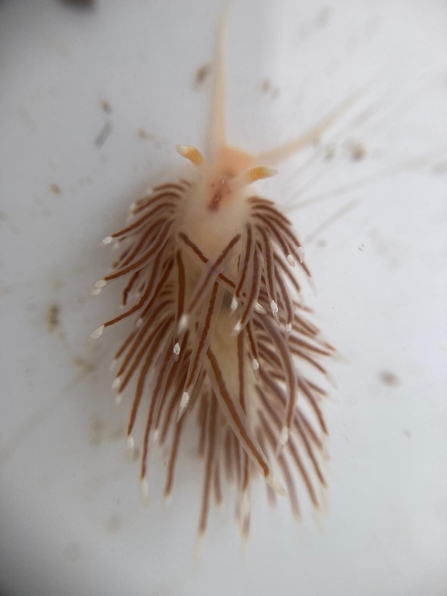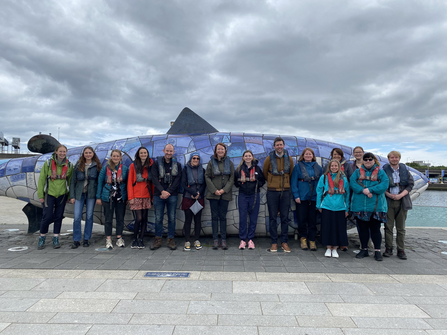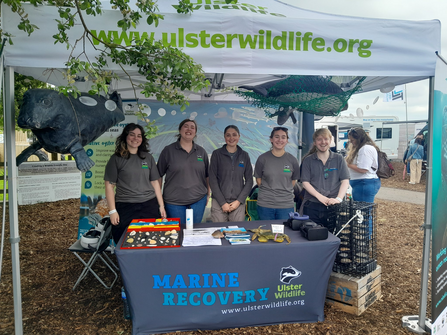What were you doing before you joined Ulster Wildlife?
Since graduating from university in 2022 with a degree in Marine Biology, I have spent the last couple of years gaining valuable experience in the sector (along with some travelling for good measure!). I spent the summer/autumn of 2022 on the Isle of Mull volunteering for the Hebridean Whale and Dolphin Trust as their Outreach Assistant, and just last year I moved to Orkney to take on the role of Marine Litter Development Officer for the Scottish Islands Federation.
Faith then decided that my next move would be to Northern Ireland (specifically Belfast), somewhere I had never been before starting my role with Ulster Wildlife!
